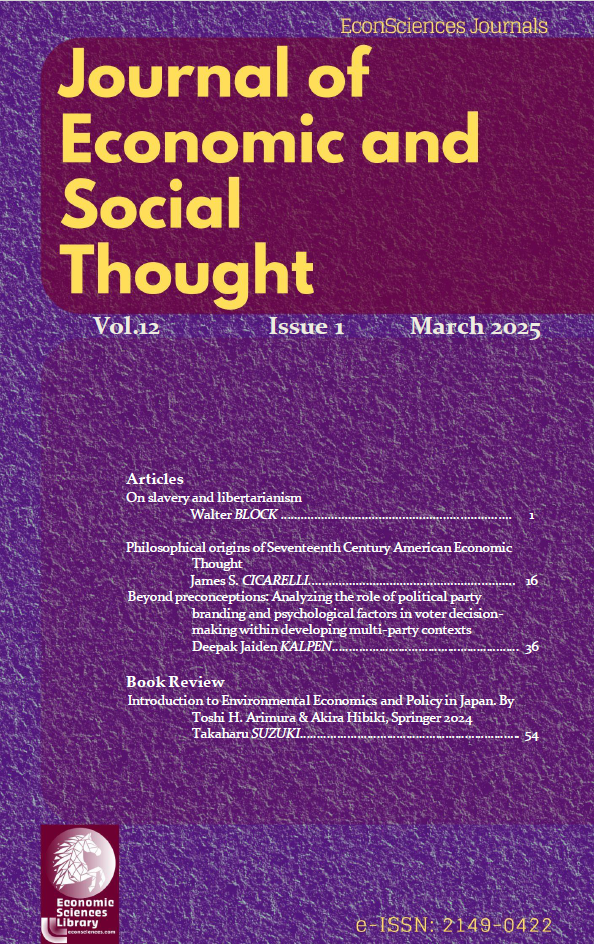Abstract
This open-access textbook provides an accessible introduction to the theoretical foundations of environmental economics, uniquely grounding it with Japan's extensive policy experience. The book is structured into two main parts. Part I: Environmental Economics Theory, examines core concepts such as market failure, negative externalities, and the social optimum. It offers a comparative analysis of policy instruments, demonstrating why market-based solutions—like Pigouvian taxes, emission trading systems (ETS), and property rights (Coase Theorem)—are often preferable to command-and-control regulations. New theoretical sections delve into optimal waste management, policy choice under uncertainty (Weitzman's 'prices versus quantities' analysis), and liability rules for environmental accidents. Part II: Environmental Policy in Japan, applies this theory to the country's policies, thereby contextualizing the content for readers in Asia and developing economies. It details Japan's sophisticated recycling system (e.g., the Container and Packaging Recycling Law) and its approach to emerging issues like microplastic pollution and illegal dumping. Crucially, the book covers the economic analysis of Japan's air pollution control measures and its evolving climate policy, ranging from the Kyoto Protocol's Clean Development Mechanism (CDM) to domestic carbon pricing instruments, including the Green Transformation (GX) initiative. Designed without advanced calculus, this volume serves as an essential resource for students and policymakers interested in the practical application of environmental economics.
Keywords. Environmental Economics; Carbon Pricing; Market Failure / Negative Externality; Recycling Policy; Emission Trading Systems (ETS).
JEL. P16, Q50; Q53; Q54; Q58; O53.

This work is licensed under a Creative Commons Attribution-NonCommercial 4.0 International License.
